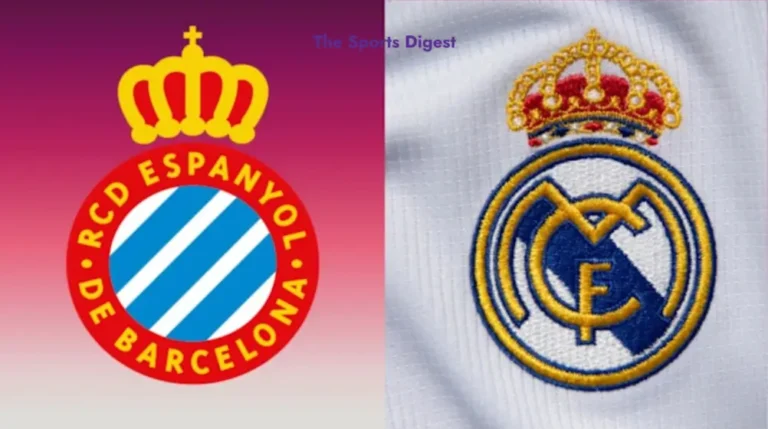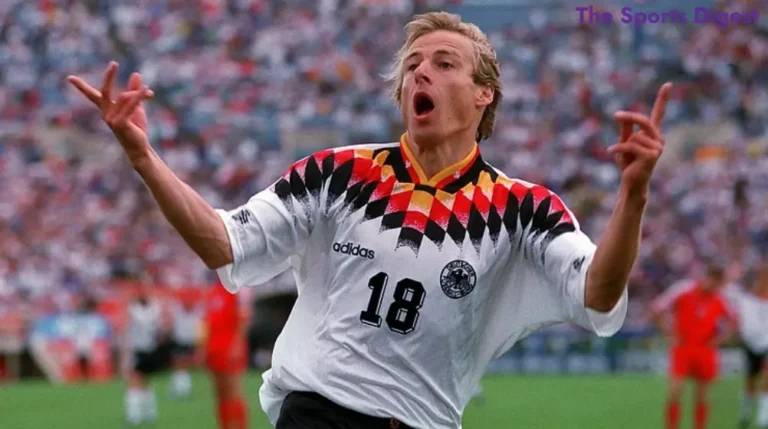Totti’s Controversial Roma Farewell
Totti’s and AS Roma represents one of football’s most profound symbiotic relationships. For over two decades, player and club nourished each other through a connection that transcended the conventional boundaries of professional sport. Totti’s unwavering motivation to don the giallorossi colors never diminished, a commitment whose roots can be traced back to his childhood when he made the first of many significant decisions that would define his career—rejecting AC Milan’s advances to remain with his hometown club.
Table of Contents
Turning Down Football’s Elite
Totti’s loyalty was tested repeatedly throughout his illustrious career. Real Madrid, during their galácticos era, made multiple approaches to sign the Italian maestro. Each time, Totti politely but firmly declined. Similarly, Manchester United, under the guidance of Sir Alex Ferguson, attempted to bring Totti to Old Trafford in both 1999 and 2000. Ferguson himself openly expressed admiration for Totti’s exceptional talent, recognizing qualities that would have enhanced even his star-studded squads.
These rejections were occasionally misinterpreted, particularly in the English media, where Totti’s decision to remain in Rome was sometimes portrayed as lacking ambition rather than demonstrating extraordinary loyalty. Such interpretations failed to grasp the profound connection between the player and his city.
Rome’s Favorite Son
Even at the height of his powers, when his popularity across Europe was undeniable (as evidenced well into 2011), Totti’s focus remained remarkably local. While recognized globally as an exceptional talent, Totti measured his success not by international acclaim but by what he gave back to “his people”—the citizens of Rome who embraced him as their representative on the football pitch.
This relationship between player and populace extended far beyond sporting admiration. Totti became an emblem of Roman identity, embodying the spirit and passion of the Eternal City both on and off the field.
Redefining Success Beyond Silverware
Totti’s trophy cabinet, while not as extensive as some contemporaries who moved between elite clubs, contains prestigious honors: the 2001 Scudetto (ending Roma’s 18-year wait for a league title), the 2007 European Golden Shoe (awarded as Europe’s top scorer), and a World Cup winner’s medal from Italy’s 2006 triumph. His individual recognition includes five Italian Player of the Year awards, confirming his status among the nation’s football elite.
Yet for Totti, like Steven Gerrard at Liverpool and Paolo Maldini at AC Milan, success transcended silverware. His one-club career represents an increasingly rare achievement in modern football, where player movement has become the norm. By remaining with Roma throughout his career, Totti provided something more valuable than trophies to the people of Rome: loyalty, hope, inspiration, and continuity.
Marcello Lippi’s description of Totti as a “monument” aptly captures his significance. Beyond goals and assists, Totti preserved and strengthened the identity of Roma supporters, creating a lasting legacy that no number of trophies could replicate.
Legacy Beyond Football
Perhaps most remarkably, in a nation often divided by fierce club rivalries and complex political dynamics, Totti emerged as a unifying figure. His exceptional talent and unwavering commitment earned respect across traditional boundaries, bringing together people from different clubs, regions, and social backgrounds in appreciation of his unique contribution to Italian football.
As Totti approached his 40th birthday in the twilight of his playing career, he had become more than just a footballer—he symbolized a “bygone era of success” for both AS Roma and Italian football. His career serves as a reminder of football’s power to create meaningful connections between a player, a club, and its community when loyalty is valued above individual accolades or financial gain.
The story of Francesco Totti is ultimately not about the trophies he won or even the spectacular goals he scored, but about his embodiment of values that transcend the sport itself—loyalty, community, identity, and passion. In an era of increasing commercialization, Totti’s legacy stands as a powerful counterexample to the notion that success in football can only be measured by championships and transfers to prestigious clubs. For the people of Rome, Il Capitano gave them something far more precious—a lifetime of dedication to their beloved club.
Have you ever read an article like this?
There are no reviews yet. Be the first one to write one.






